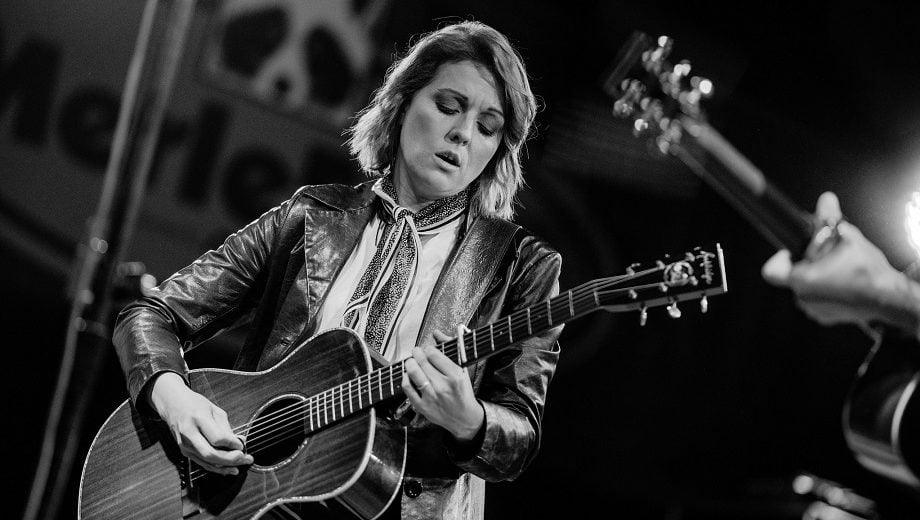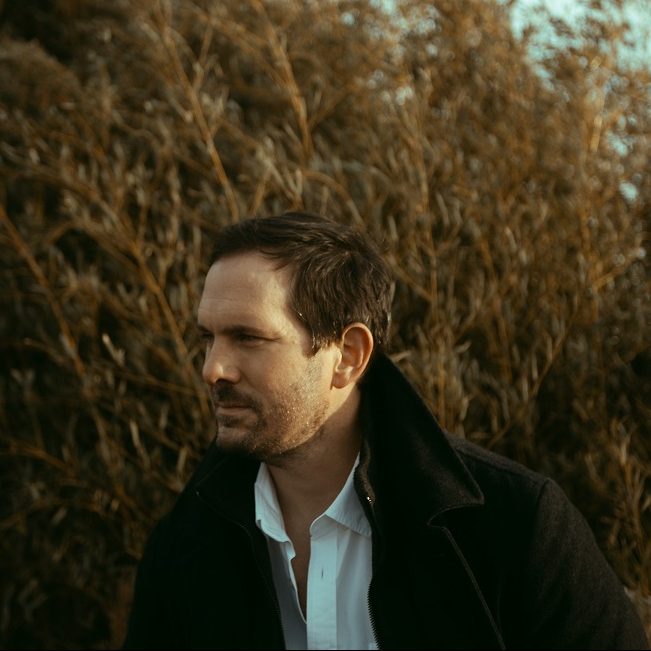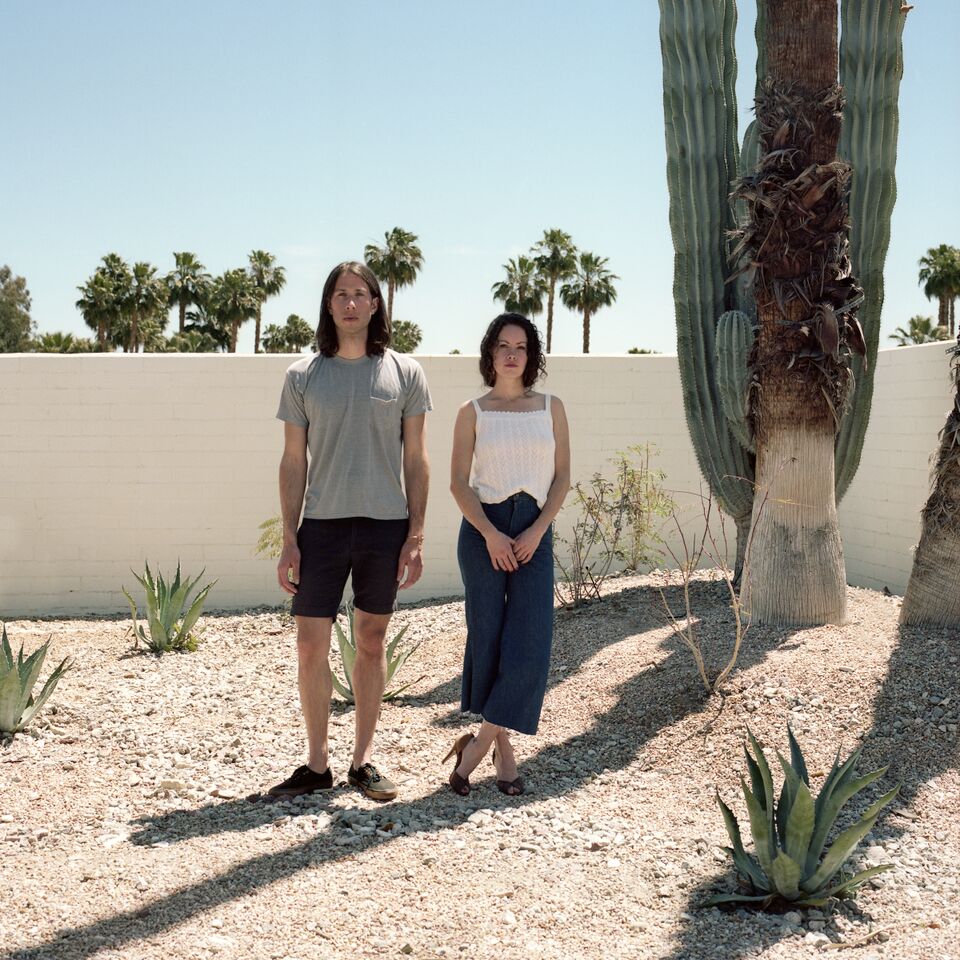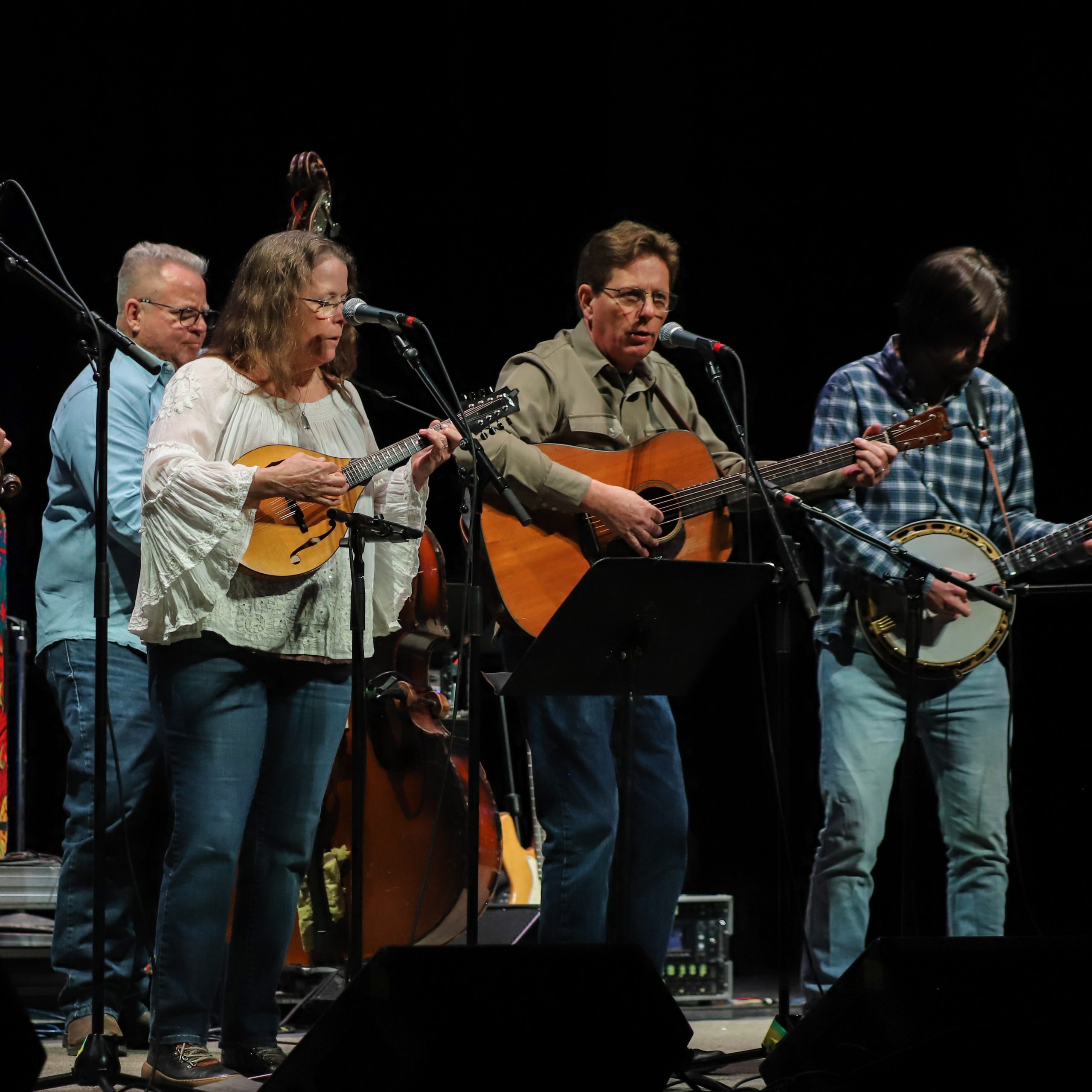Give or take, it’s about 2,800 miles from Brandi Carlile’s native Seattle, Washington, to Wilkesboro, North Carolina, home to the renowned music gathering known as MerleFest. (See photos.) And as the Saturday night headliner this year, the award-winning singer-songwriter took to the Watson Stage during the 32nd annual MerleFest, surrounded by the Blue Ridge Mountains and an overzealous audience in the neighborhood of 30,000.
Backed by her rollicking Americana/indie-rock band, which includes founding members Phil and Tim Hanseroth (aka: “The Twins”), Carlile held court during an unforgettable performance that led to one of the festival’s finest moments — Carlile around a single microphone with North Carolinians Seth and Scott Avett for an encore of the Avett Brothers’ “Murder in the City.”
But a few hours before that performance, Carlile found herself standing backstage alone in the dressing room of the late Doc Watson, the guitar master who founded MerleFest. Gazing around the small square space, she looked at old photos of Watson and other legendary Americana and bluegrass performers that have played MerleFest over the years: Earl Scruggs, Alison Krauss, Peter Rowan, Rhonda Vincent, Tony Rice, and so forth.
Carlile smiled to herself in silence, truly feeling humbled in her craft and taking a moment to reflect on her wild and wondrous journey thus far, all while possessing a once-in-a-generation talent — something broadcasted across the world during her staggering performance of “The Joke” in February at the Grammys, and amid a standing ovation from the music industry. Remarkably she also picked up all three Grammys in the American Roots Music categories.
We met Carlile in Watson’s dressing room before the show for our interview and surveyed the steps she’s taken from Seattle to the MerleFest stage.
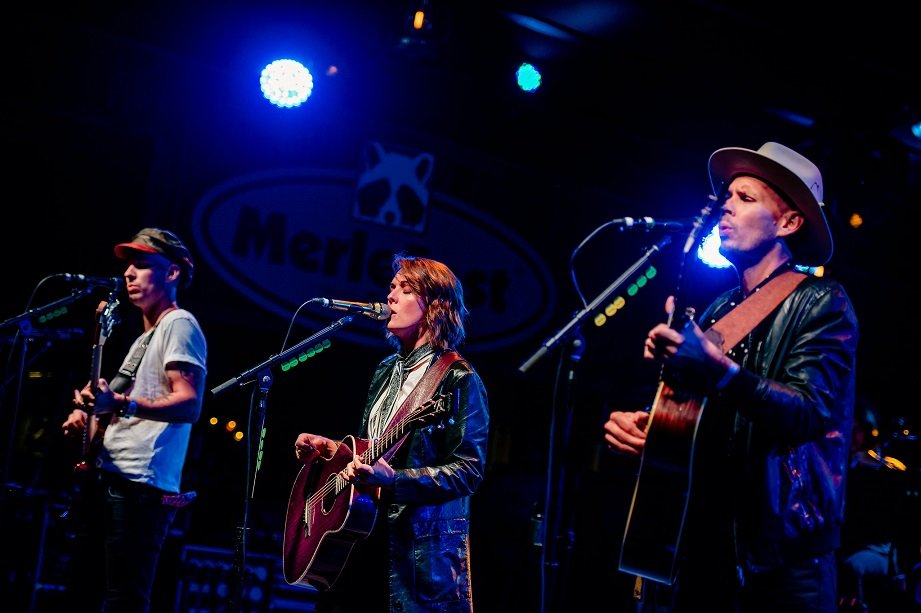
BGS: It seems as big as your career has gotten, the humble nature of where you came from still remains within you, as a headlining performer now.
Carlile: It does. Part of that reason why I feel that is part of who I am is because of the people that I’ve surrounded myself with — The Twins, our families, our kids, and our folks. They’re not going to let anybody get too heady or too ahead of themselves. Everybody puts you right back in your station if you’re getting there.
Growing up around Seattle, was Kurt Cobain’s songwriting or specifically the Unplugged in New York album by Nirvana ever a big influence on you as a performer?
It was later in life. It’s so funny, like when you live in the [Pacific] Northwest, the intensity that was directed towards country music for me was big because I didn’t have proximity to it. I was so far away from it. People in the South, I think so often they love country and western roots music, bluegrass, folk, and Americana music. It’s not that they take it for granted, but they don’t realize sometimes that they’re so close to it — it’s right here. And we don’t have that proximity, so I think we love it a little more intensely in the Northwest.
Because you’re seeking it out maybe?
Yeah. And [it’s] even more concentrated in the [United Kingdom]. I mean, if you want to meet some of the most potent country music fans, you go to the UK. And Seattle is kind of that same vibe. So, when I discovered grunge music and rock ‘n’ roll music, it was after it had already happened in my city, which had its own grief period with it, but also kind of an intense celebratory thing because I had missed it. I wanted to know everything about what happened in my city. And what I came away with was realizing we came up with something new. We didn’t repeat anything. We didn’t throw back to an era. We didn’t put on a Halloween costume. We did something brand new.
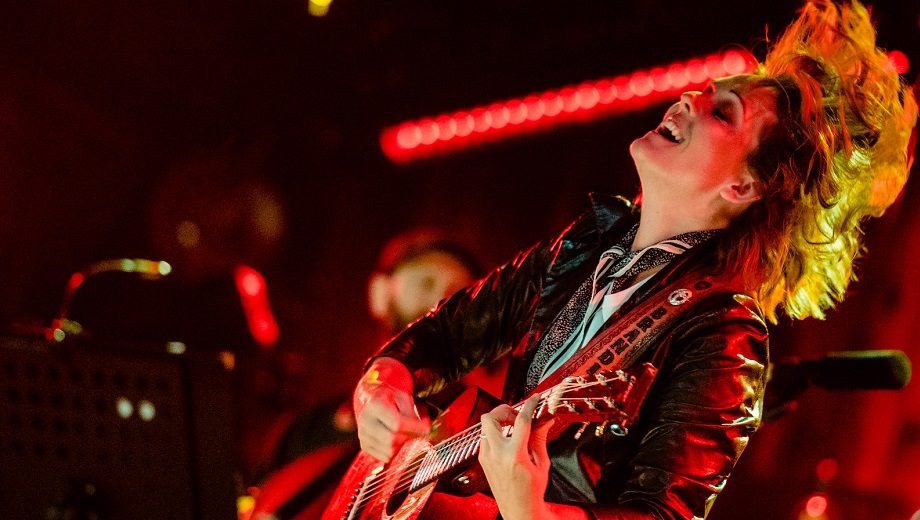
So, how does that apply to where you are today, in terms of what you want to create with your art?
I’m kind of a hybrid thinker, in general. I like putting ideas together and posing thoughts, things like that. I’ve never really been a great or very successful genre person.
You don’t want to be pigeon-holed…
It’s not that I don’t want to be pigeon-holed, it’s just that I don’t know if I’m able to be. Unfortunately I’ve always wanted to fit in, but I don’t know if I ever will.
Well, to that point, this last year, at least from an outsider’s perspective, has seemed like a whirlwind in your career, with the trajectory it’s on now. Has it been a slow burn to this point or is this a whirlwind, and how are you dealing with all of that?
That’s a good question. It’s both. It’s been a slow burn to this point. I’ve been working for a long time. But it was a really big change. That Grammy moment changed my life, and in a really, really big way. I can’t even catch up to it yet — I don’t even know how to catch up to it yet.
Or if you even want to embrace it. I mean, how do even wrap your head around something like that?
No, dude, I want to embrace it — I love it. I’ve always loved everything about music and the music business since I was such a little girl. I sat in my room wanting the biggest and the best of opportunities for myself, my family, and my friends. And so I’ll find a way to embrace it. And I want to — I’m really insanely grateful for it.
What do you remember from that moment? I was thinking, the stunning way your voice and the energy was going up and down, any frustration, any love or sadness you’ve experienced was put out through that microphone at that moment…
Yeah. I think I’m going to live to be 100 because that is how I do it, you know? I just let it all out. And in that moment, I don’t know — I was just so ready for it. I’m 38. I’m not a kid anymore. I’m not going to get too nervous or too excited and come undone. But, I am going to enjoy it while it’s happening. Like so many big things in your life you don’t really get to enjoy it.
Or maybe in hindsight you realize how important it was…
Yeah, man. Like loving everything in retrospect, enjoying everything in retrospect. And I was just so right there, right in the moment at the time — more so than maybe ever before while performing.
So, does that mean you subscribe to the idea of “the now,” to learn to be present, rather than worry about what was and what could be?
Yeah, but I’m horrible at it. But for some reason, that day I was able to get there. And I think it’s because I had been so nervous and then I won those three [Grammys]. I was like, “What do I got to lose? I’m just going to do this. I’m just going to show everybody [who I am].”
What is the role of the songwriter in the digital age, in all this chaos that is the 21st century?
To try to be as permanent as you can in a temporary environment.
In all the years you’ve created and performed music, traveling the world and meeting people from all walks of life, what has it taught you about what it means to be a human being?
Well, it’s taught me so much. I think you need to travel, in general, in life. You cannot stay put and not see the way that people live and then try and create an assumption about the way the world works. Travel, in general, has taught me so much about social justice and empathy. It’s enhanced me spiritually as a person, and that’s the thing I think I’ve garnered the most out of it. But I’ve met some really wise and special people as well. And to get to meet your heroes, people that you’ve admired – to find out if you were completely wrong about how much you admire them or being completely right — has been so enlightening.
And what about being in Doc Watson’s dressing right now, being at Merlefest?
Being in Doc Watson’s dressing room is really moving. I’ve been looking around at the pictures and the gravity of it. And when you’re here at this festival, you feel the reverence and you understand what it’s all about. And it’s something I’m coming to later in life. Just like I missed the greatest rock ‘n’ roll genre of all-time — grunge — in my very own city, I missed this experience, too — and I’m looking forward to diving in with both feet.
All photos: Michael Freas
